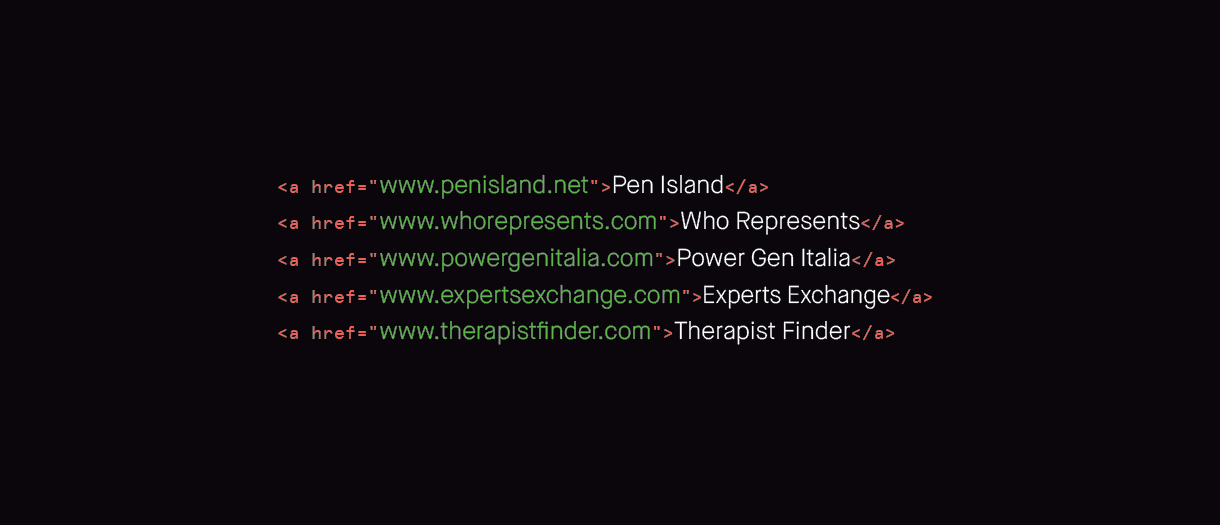Should long URLs ever have capital letters?

shouldlongurlseverhavecapitalletters.com
If you had trouble reading the subheading above, you’ll understand a core challenge of URLs. When words are pressed up against one another, the eye can perceive new, unintended meanings—in the headline above, you may see “sever” and “tall” (or “gurls” if you like creative spellings) before being able to read the full name.
A simple Google search for “worst URLs” or “funny URLs” will bring up the by-now famous examples of:
• penisland.net (Pen Island)
• whorepresents.com (Who Represents)
• powergenitalia.com (Power Gen Italia)
• expertsexchange.com (Experts Exchange)
• therapistfinder.com (Therapist Finder)
Surprisingly, three of these are still in use, with whorepresents.com, therapistfinder.com and penisland.net still, uh, going strong.
Expertsexchange.com added a strategic hyphen to become experts-exchange.com, while powergenitalia.com, the gold standard of accidentally hilarious URLs, has gone to the great 404 error in the sky.
When it comes to developing your own domain names, two simple rules will help you avoid having them go viral—for all the wrong reasons.
1. Use capital letters when marketing your existing URL
Grammatically, we’re big advocates for using capital letters in the printed or display versions of URLs. In spite of old internet rules about case sensitivities and problems with SEO, today’s browsers can handle capital letters. Even the risk-averse Chicago Manual of Style (our house style guide) allows them, and they just got around to finally dropping the hyphen in “email” last year. So, if you think you need them, use them; they’ll help your customers remember your URL.
2. Review any new URLs carefully before you secure them
While browsers can handle capital letters in URLs, they also immediately lowercase them. So, while capital letters can make your URL easier for people to read, there’s still the potential for risqué words to appear once your browser is done with it. You don’t want your new Greek-mythology-inspired bar, Pub Icarus, becoming pubicarus.com.
As for periods after URLs? That’s a discussion for another day.